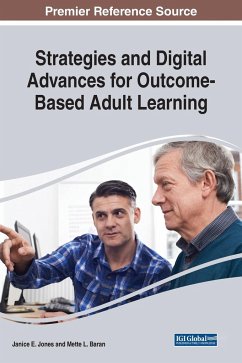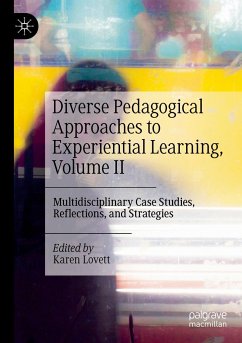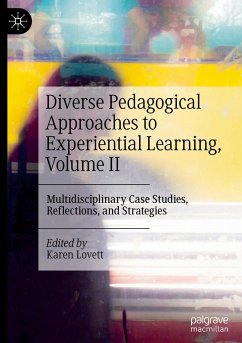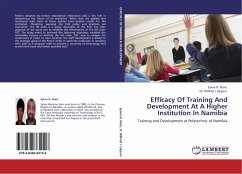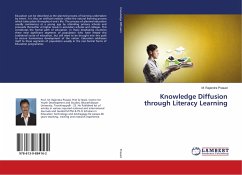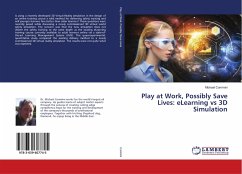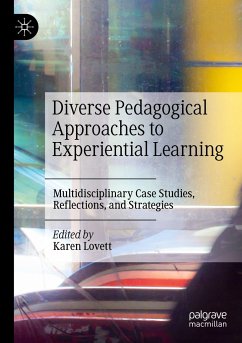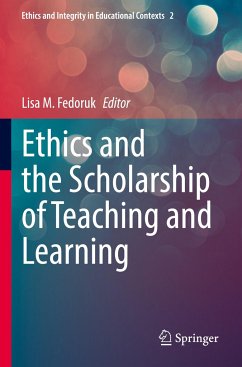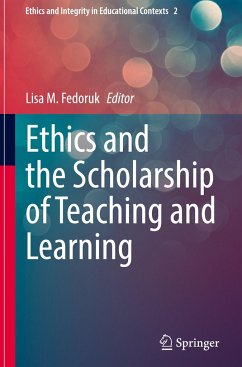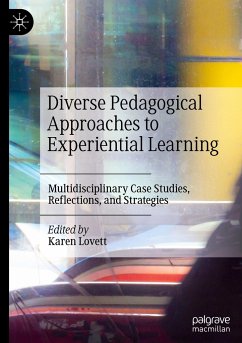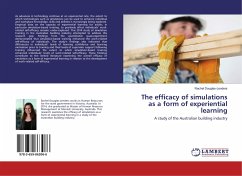
The efficacy of simulations as a form of experiential learning
A study of the Australian building industry
Versandkostenfrei!
Versandfertig in 6-10 Tagen
33,99 €
inkl. MwSt.

PAYBACK Punkte
17 °P sammeln!
As advances in technology continue at an exponential rate, the extent to which technologies such as simulations can be used to enhance individual and workplace knowledge, skills and abilities is increasingly being explored. Empirical data on the capacity of experiential learning for adults, in particular simulation-based training, to positively affect individuals' work-related self-efficacy remains under-explored. This 2014 study of simulation training in the Australian building industry attempted to address this research gap. Findings from the quantitative quasi-experiment demonstrated that s...
As advances in technology continue at an exponential rate, the extent to which technologies such as simulations can be used to enhance individual and workplace knowledge, skills and abilities is increasingly being explored. Empirical data on the capacity of experiential learning for adults, in particular simulation-based training, to positively affect individuals' work-related self-efficacy remains under-explored. This 2014 study of simulation training in the Australian building industry attempted to address this research gap. Findings from the quantitative quasi-experiment demonstrated that simulation-based training enhanced the work-related self-efficacy of individuals. The study's findings also indicated that differences in individuals' levels of learning confidence and learning motivation prior to training and their levels of supervisor support following training influenced the extent to which simulation-based training enhanced individuals' levels of work-related self-efficacy. These findings contribute to the limited literature examining the overall efficacy of simulation as a form of experiential learning in relation to the development of work-related self-efficacy.



